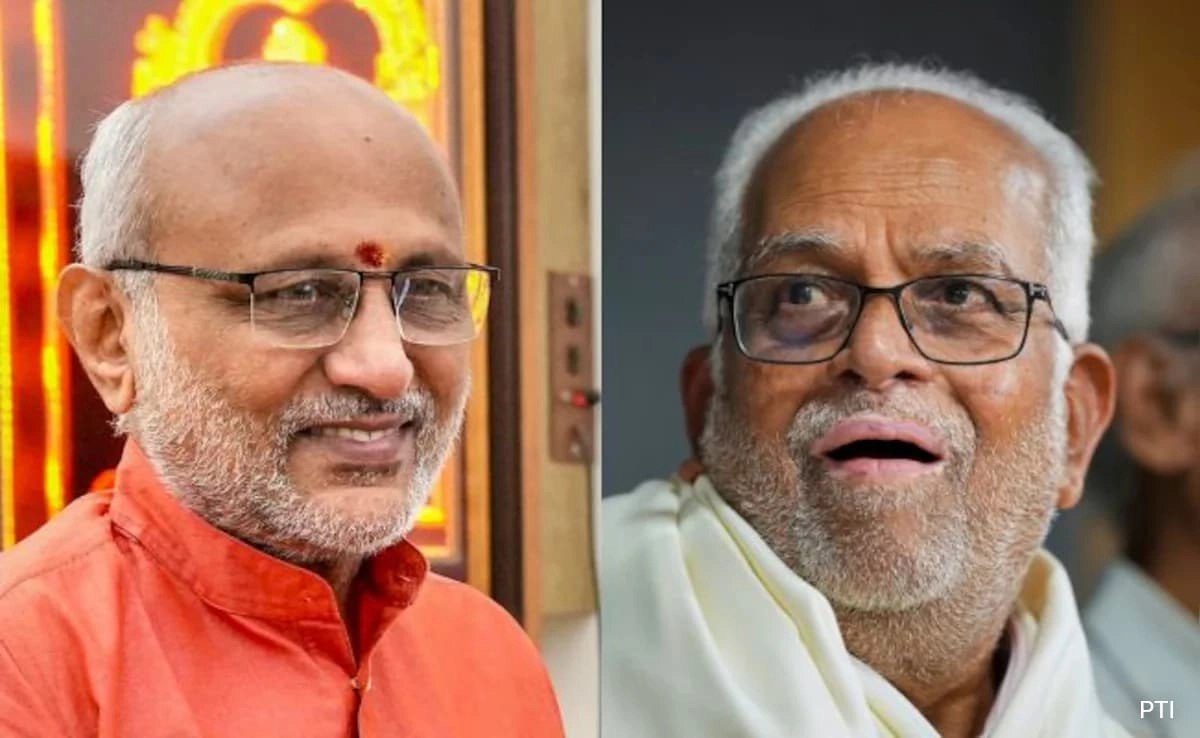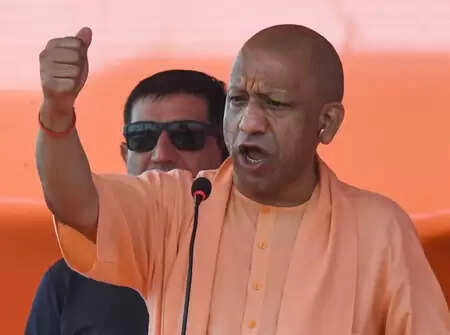The recent election of CP Radhakrishnan as the Vice President has cast a shadow over the INDIA bloc, raising concerns about the implications of cross-voting among its members. The INDIA bloc, an alliance formed by several opposition parties in India, aimed to present a united front against the ruling government. However, the election results have revealed fractures within this coalition, as several members reportedly engaged in cross-voting, undermining the bloc’s collective strategy. This internal dissent highlights the challenges that the opposition faces in maintaining unity, especially in crucial electoral moments.
Cross-voting, where members of one party vote for candidates of another party, not only questions the integrity of the bloc but also signals a lack of cohesion among its constituents. The election of Radhakrishnan, a candidate backed by the Bharatiya Janata Party (BJP), has further complicated matters for the INDIA bloc, as it raises suspicions about loyalty and the effectiveness of their collaborative efforts. Such actions may lead to a re-evaluation of alliances and strategies within the bloc, as members grapple with the ramifications of their decisions during the voting process.
The implications of this cross-voting extend beyond the immediate election, potentially affecting the bloc’s prospects in future political contests. As factions within the INDIA alliance emerge, it becomes crucial for leaders to address the underlying issues that led to this breach of solidarity. Without a clear strategy to mend these divisions, the bloc risks losing its credibility and ability to challenge the ruling party effectively. This situation underscores the importance of nurturing unity among opposition parties, especially in a political landscape where collaboration is vital for success.




